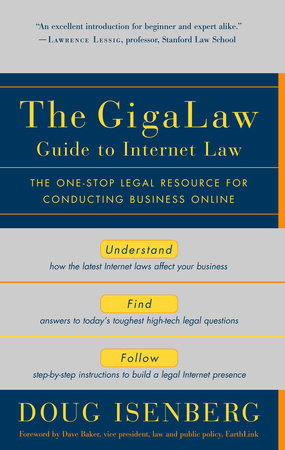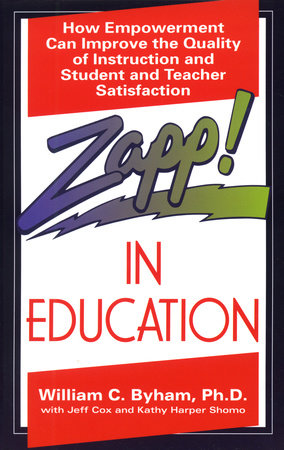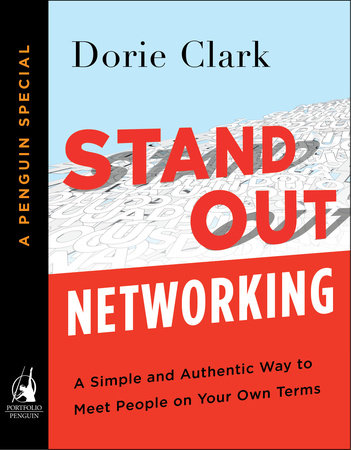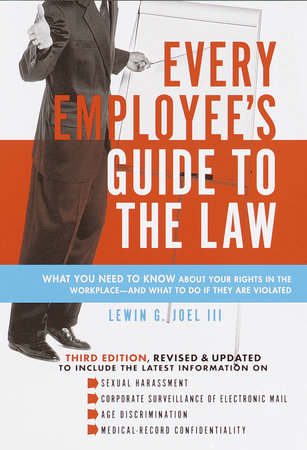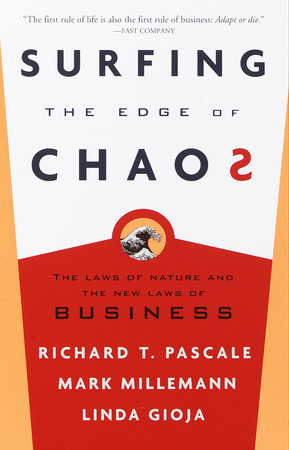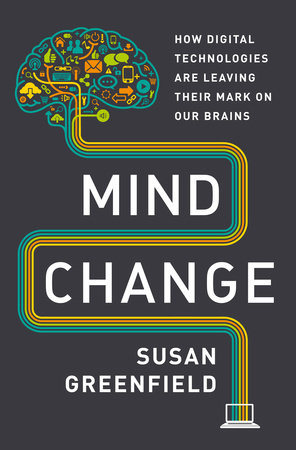A Conversation with Doug Isenberg, author of
THE GIGALAW GUIDE TO INTERNET LAW
Q: In your experience as an attorney, what are the most common legal issues that come up in relation to the Internet?
A: The Internet raises a host of legal issues for anyone who uses it. In particular, every business online must be careful to respect the intellectual property rights of others when creating content for their websites and the technology that powers them. For example, a single website can include trademarks (such as its domain name), copyrights (such as the text and graphics on its pages) and patents (such as software that runs an e-commerce system). Without knowing what these types of legal rights are, a business could make a costly mistake — either by violating someone else’s rights or by failing to protect its own.
Q: Should the average web surfer be concerned with Internet law or are these issues that only hi-tech professionals such as web designers and e-business owners should know about?
A: Anyone who uses the Internet needs to know something about Internet law. For example, parents should know that there is a law called the Child Online Privacy Protection Act (COPPA), which forbids websites from collecting certain information about their children. Small businesses need to know about a law called the Anticybersquatting Consumer Protection Act, which makes it illegal to register and use certain domain names. Teachers and librarians should be familiar with laws such as the Child Online Protection Act and the Children’s Internet Protection Act, which restrict the type of material that can be published online and how it can be accessed. And consumers should know about the Digital Millennium Copyright Act, a controversial law that, among other things, creates new criminal penalties for certain types of high-tech copyright infringement.
Q: Perhaps the most notorious Internet case involves Napster. Has Napster and its aftermath changed the way information is exchanged and shared online?
A: Napster will always be remembered as the company that made digital file sharing simple, but it also will always be remembered as a contributor to massive copyright infringement. Napster disregarded copyright law, and so did its users, who were all too eager to copy music without respect for those who own the intellectual property rights to it.
But, Napster will have a lasting effect on the way information is exchanged in a digital environment, because although the courts shut down Napster, they’ll never be able to stop everyone from sharing music, software, e-books, or even movies on the Internet. As a result, publishers, authors, musicians and others must do more than simply use the law to stop copyright infringement in cyberspace; they must find a way to use the technology to their advantage, too.
Q: How has the First Amendment been used to defend certain online practices? Do you think Congress and the courts will ever come to an agreement about how to regulate content on the web?
A: The role of the First Amendment in cyberspace is very controversial. Indeed, the only two Internet lawsuits to reach the U.S. Supreme Court have involved the First Amendment. In both cases, the courts have found that laws passed by Congress attempting to limit the amount of sexual and similar content on the Internet were unconstitutional because the First Amendment protects the right of free speech.
The First Amendment also affects the Internet in many other ways, too. For example, most junk e-mail (spam) is protected by the First Amendment. Critical websites created by dissatisfied customers of a business are often protected by the First Amendment. Even many forms of hate on the Internet — such as racist or anti-Semitic websites — are protected by the First Amendment. And certainly, the First Amendment often protects people who express their opinions on online discussion boards. Still, it is frequently difficult to know exactly where the line is drawn between protected (legal) and unprotected (illegal) content on the Internet.
Q: Is it illegal to send spam and other junk e-mail? If not, do you think we’ll ever be able to eliminate this annoying practice?
A: The United States has no federal law that explicitly outlaws spam. That’s why we all get so much of it! But a number of state legislatures have passed anti-spam laws, as well as some European countries. So far, however, these laws have done little to stem the tide of junk e-mail, in part because most spammers find ways to disguise their identity and avoid the law. Ultimately, the U.S. Congress may pass a federal anti-spam law, but new technologies for avoiding spam may prove to be more useful than any law ever will.
Q: What is the best way for attorneys to stay on top of the constantly changing laws that govern the internet and it s use?
A: The entire field of "Internet law" is relatively new and therefore constantly evolving. The courts regularly issue important opinions on disputes involving the Internet, and Congress is always debating whether and how to pass new laws to deal with new technology. Lawyers and others who want to understand the fundamentals of Internet law will find a wealth of information in "The GigaLaw Guide to Internet Law," and the best way to keep abreast of new developments is by subscribing to GigaLaw.com Daily News, a free daily e-mail service from GigaLaw.com.
